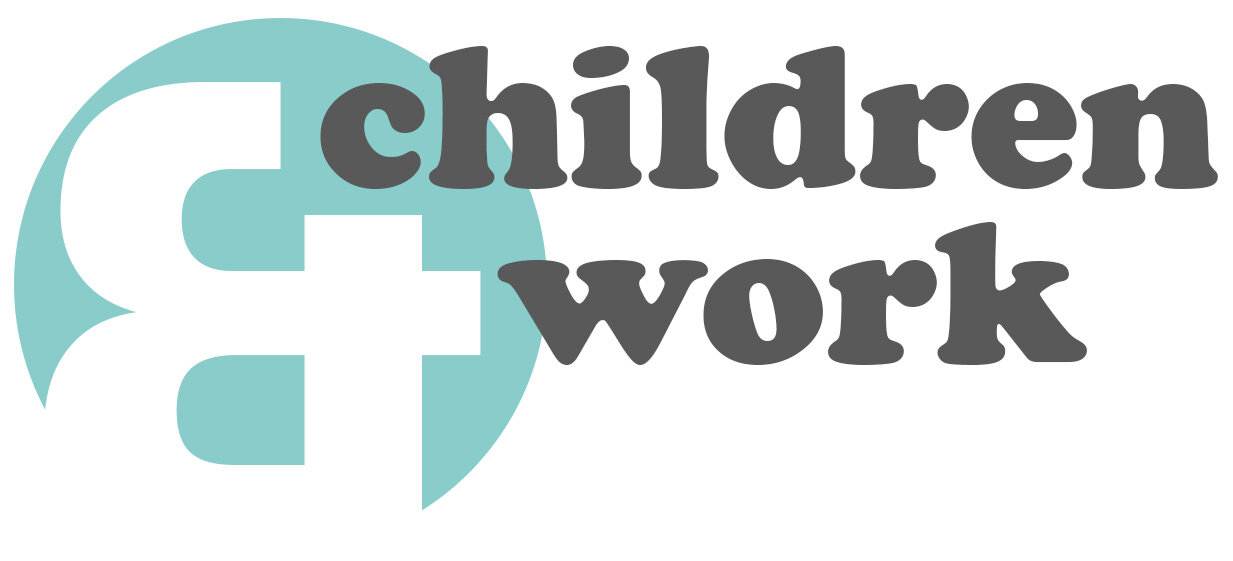Statement
Our fundamental aim is that children should, as is their right, live in an environment that allows and promotes their physical, mental, moral, spiritual and social development, to their fullest potential.* Effective development in any sphere requires the active participation of children. It also requires their protection from harm, but all protection must take account of the broader intention of enabling children to flourish: a narrow focus on protecting children from particular risks too often results in restrictions that can hamper their well-being and hinder their opportunities to develop.
Applying this fundamental concern to children’s work, we have come to recognize that children and adolescents can and do work – with or without payment – to support themselves and their families, particularly in situations of severe poverty but also in a variety of cultural contexts and settings. In many instances, their work enables young people to learn technical, business, and life skills that help them achieve a dignified and productive life as adults within their societies – learning that is especially important where available schooling offers limited benefits.
Also important is the observation that work is embedded in social relationships, and that supportive relationships are key to children’s well-being and development. Through work, even young children participate in the activities of their families and communities, performing tasks and chores, and sometimes contributing to family livelihood through paid or unpaid work; in this way, they build their relationships with those around them and develop a sense of social and economic responsibility and of citizenship.
The work that children and adolescents do, however, can have negative as well as positive effects. In particular, work sometimes hinders or prevents schooling, or carries serious risk of physical or psychological harm. Yet interventions intended to protect children by preventing them from working too often damage the chances of the children who are supposed to be protected, depriving them of benefits of safe work and sometimes pushing them into worse forms of work.
It is, therefore, necessary to pay careful attention to the work that children do, and to intervene on their behalf when work is damaging to them. Decades of research from all continents lead us to conclude that genuine respect for children’s rights requires intervention to be applied and assessed according to the following key criteria.
Children should be enabled to undertake work that benefits them and contributes to their full development. It is important to recognize and build on the positive aspects of children’s work, both within the work itself and in any interventions intended to benefit working children. And it is important that children are able to work with dignity.
Working children should not be harmed or exploited through their work. The focus should be on preventing harm rather than preventing work.
Working children should not be harmed or exploited through any interventions intended for their benefit. They should not be criminalized on account of their work.
Policies and programs relating to child labour or children’s work should be based on and responsive to empirical evidence about effects on children’s well-being and development, with respect both to their work and to interventions in children’s work.
Policies should address the structural, political, and economic factors leading children to seek work in ways that harm them, rather than simply seeking to remove children from work. Included in such consideration is quality education in order to realize children’s rights to and the aims of education, as well as to businesses and production practices that draw children into harmful work.
All actors should recognize and support children’s systematic participation in determining their own best interest, and advancing their human rights generally. In particular, working children are workers and should have all the rights of workers, including the right to defend their interests.
*Cf. United Nations Convention on the Rights of the Child (UNCRC) articles 17, 23, 27, 29, 32.

